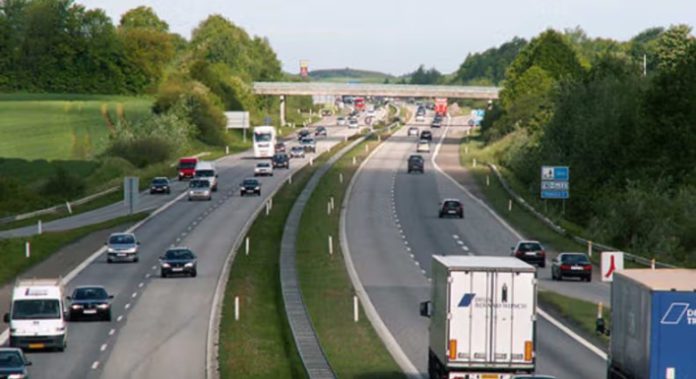The World Bank calls roads the arteries through which the economy pulses. Roads link up producers with markets, get workers to their jobs, help students get to school, and even get the sick to the hospital. For any country globally trying to grow, roads are critical infrastructure.
In the context of Africa, many countries are putting money where the asphalt is. The primary motivation behind these investments is the understanding that well-developed roads translate to economic growth, job creation, and well-connected communities.
Beyond the physical connectivity, good roads have become emblematic of a nation’s commitment to progress, offering smoother travel for citizens and visitors alike.
According to a report by the International Monetary Fund on road quality and mean speed score, some African countries are doing well with road infrastructure. The evaluation spans over 160 countries.
The IMF developed a novel measure of cross-country road quality based on the mean speed between large cities from Google Maps. This Mean Speed (MS) score serves as an effective proxy for evaluating road quality and accessibility.
The MS score highly correlated with the existing World Bank’s Rural Access Index and the WEF’s Quality of Road Infrastructure score.
Below are 10 African countries with the best road infrastructure
| Rank | Country | Mean score |
|---|---|---|
| 1 | South Africa | 100 |
| 2 | Namibia | 99 |
| 3 | Morocco | 95 |
| 4 | Botswana | 91 |
| 5 | Libya | 90 |
| 6 | Algeria | 88 |
| 7 | Zimbabwe | 83 |
| 8 | Egypt | 83 |
| 9 | Cˆote d’Ivoire | 78 |
| 10 | Tunisia | 78 |


